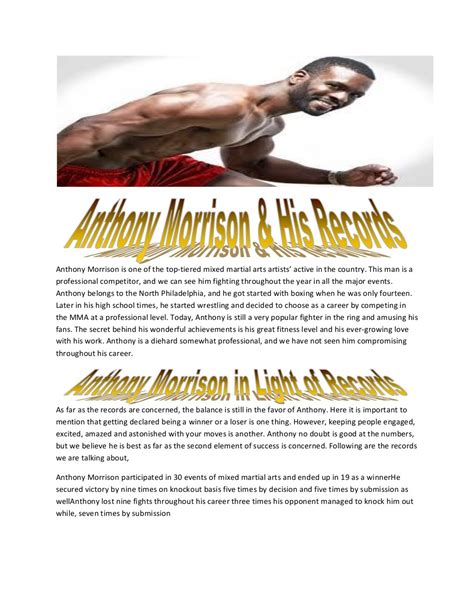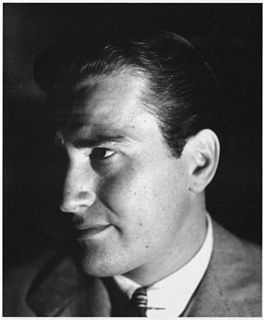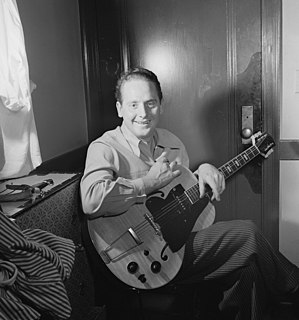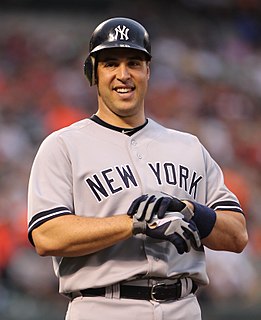A Quote by Eugene Jarvis
The great times are when you put a game on location and see others play it for the first time. After all, we are really kind of an entertainer. You perform for the joy of the audience.
Quote Topics
Related Quotes
What I meant by that is, any time you have adversity, now you've got a chance to see all of these guys play every game the rest of the way like it's a playoff game. What you want guys to do when there's adversity is to play harder and play better, and that's when you see what kind of guys you have in your locker room.
I get friends that ask that all the time, and I remember my mother asking me a couple of times, because there was no action during a game, 'did you play?' It's so weird. Everybody's like, 'Great game, great game.' And because I demand so much of myself, I'm like, 'Well, I didn't do that great, because I didn't have any stats.'
In eighth grade, when I was just the school weirdo, my drama teacher put me in a play, and we came up with a few comedy bits. And that very first reaction, for an audience of supportive middle schoolers, I put my head out and pretended I got scared by the audience, and ducked back in. They all went: 'Yeah! That's great!'
I'm not conditioned to be an entertainer. An entertainer pleases others while an artist only has to please himself. The problem with that is artists are misunderstood by all. I'm not interested in the clarinet but in music. we speak our emotions into music. An artist should write for himself and not for an audience. If the audience likes it, great. If not, they can keep away. My situation is the same. Let them concentrate on my music and not on me. I like the music. I love it and live it, in fact. But for me, the business part of music just plain stinks.
I don't play baseball first. I put Christ first in my life. I put my family behind Him and I put baseball down the line. I obviously want to succeed. I want to do well. I want to perform. But at the same time, I'm at peace that no matter what happens on this earth, the more important part is being a Christian, and being in the Kingdom of Heaven when it's all said and done.
Game Over is a very frustrating game convention. In short, it means, 'If you were not good enough or did not play the game the way the designer intended you to play, you should play again until you do it right.' What kind of story could a writer tell where the characters could play the same scene ten times until the outcome is right?
I only like the live audience. I don't even like to do standup where it's being filmed. Because it affects the way the audience responds to what you say, because it makes them uncomfortable. You have to perform in a light room, and I prefer a dark room. But I love to perform, and I don't really see myself doing any television at all.





































